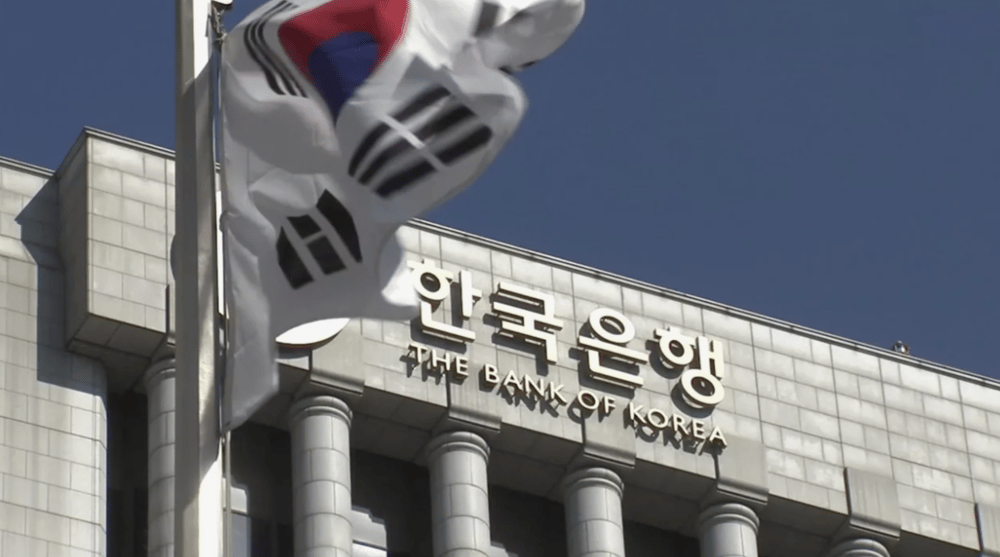
Forward-thinking capital allocation is setting the stage for a new era in tech innovation
A sale of this magnitude could spark radical changes in how automation is integrated in tech solutions

On Thursday, the Bank of Korea sent a clear message to financial markets by maintaining its key interest rate at 2.75%—a move largely anticipated by analysts. Yet, attention quickly shifted to Governor Rhee Chang Yong’s comments, as he signaled the central bank’s willingness to cut rates in May and left the door open for further monetary easing. This stance primarily reflects growing global risks, especially those stemming from the sweeping tariff initiatives pursued by former US President Donald Trump.
South Korea’s economy is closely intertwined with international trade, making it particularly sensitive to protectionist moves by major partners such as the United States. The ongoing global shift toward tariffs and trade barriers has intensified the need for agile and responsive monetary policy in Seoul, especially as the US position underlines South Korea’s exposure to global economic shifts.
1. Rising protectionism and shifting trade dynamics
2. Heightened foreign exchange volatility in response to trade disputes
3. Slowing economic growth in Asia and beyond
4. Escalating inflationary uncertainties
5. Supporting export-driven industries amidst external pressures

- Closely monitoring cross-border risks and global trade tensions
- Assessing the effects of US tariffs on South Korean exports
- Remaining ready to adjust interest rates to cushion potential shocks
- Acting to sustain domestic economic activity in a climate of uncertainty
- Vigilantly tracking volatility in the Korean won and its impact on financial stability
Statements from South Korea’s central bank leadership emphasize the potential for a shift toward more accommodative policy if external pressures persist or intensify. This readiness to act serves as an additional safety net for an export-oriented economy that is both reliant on overseas markets and deeply affected by changes in global trade policies.